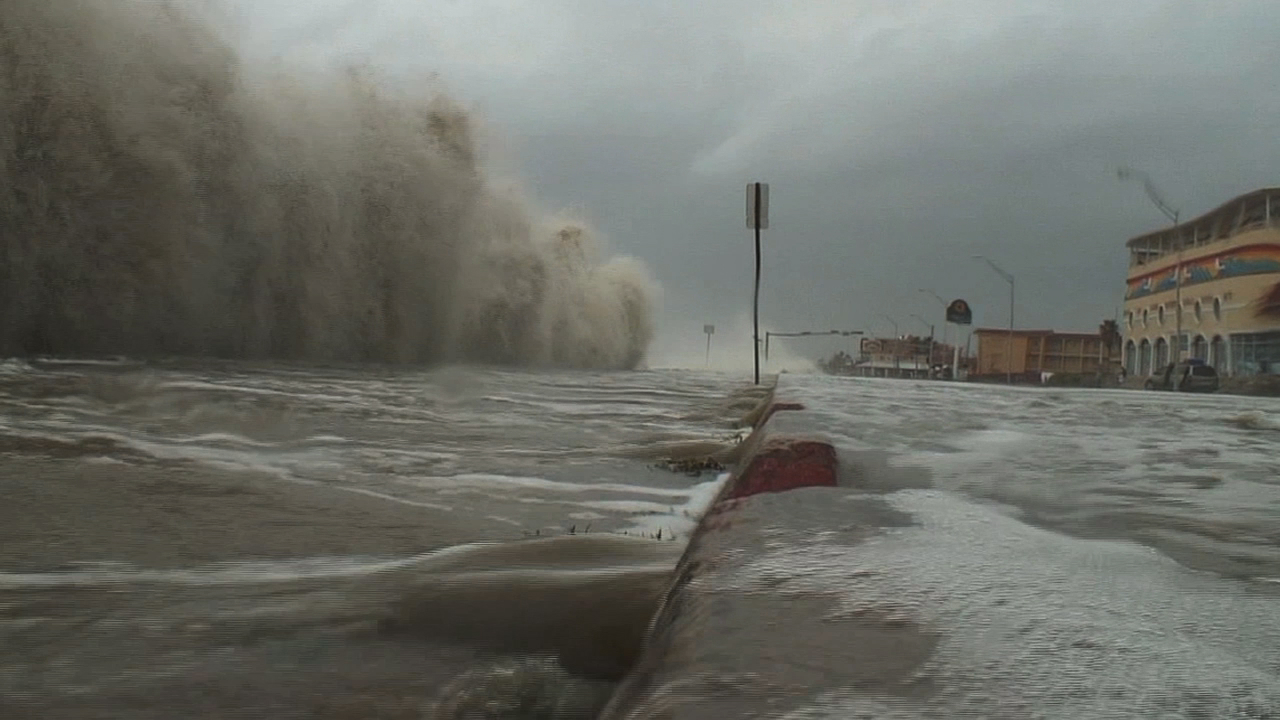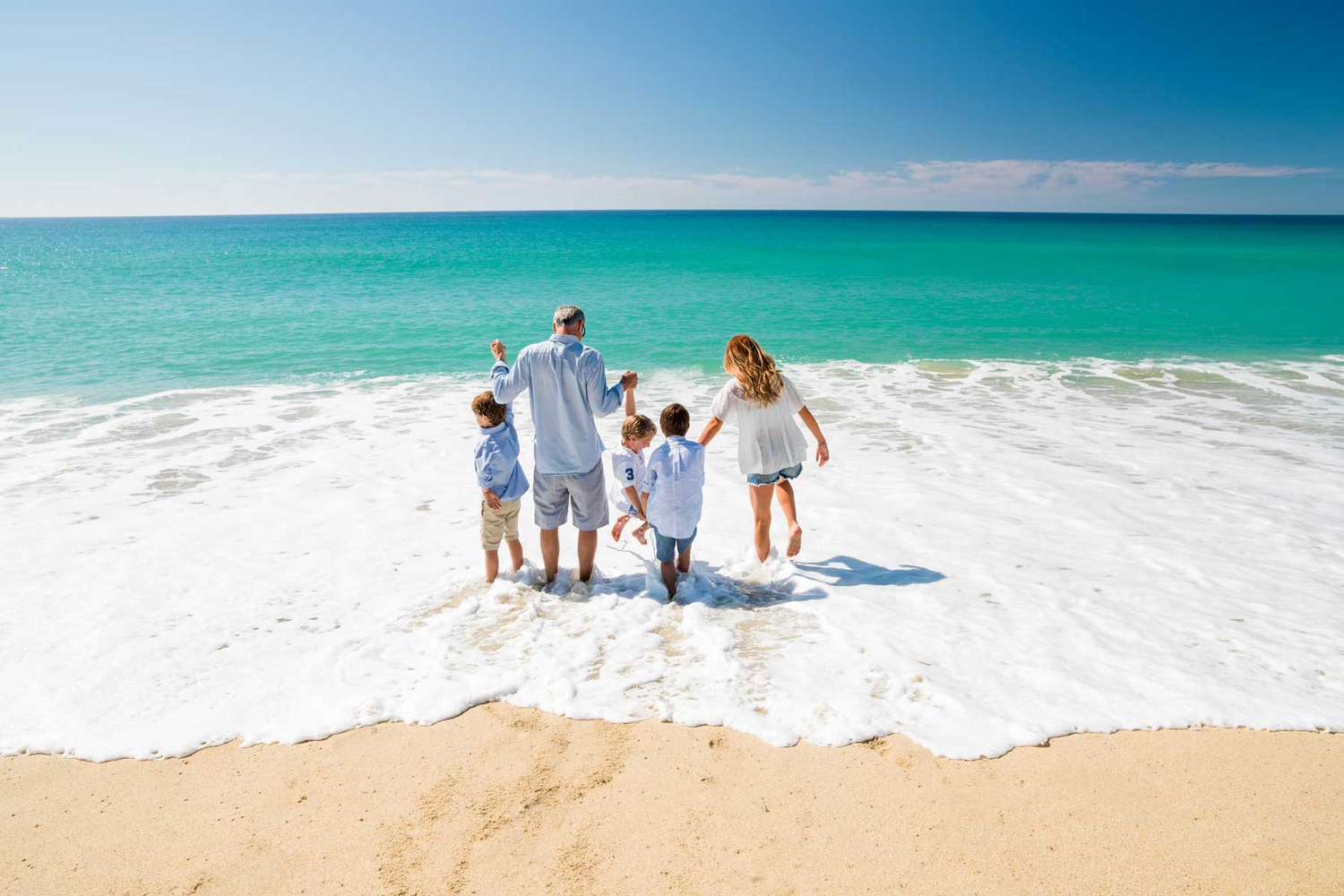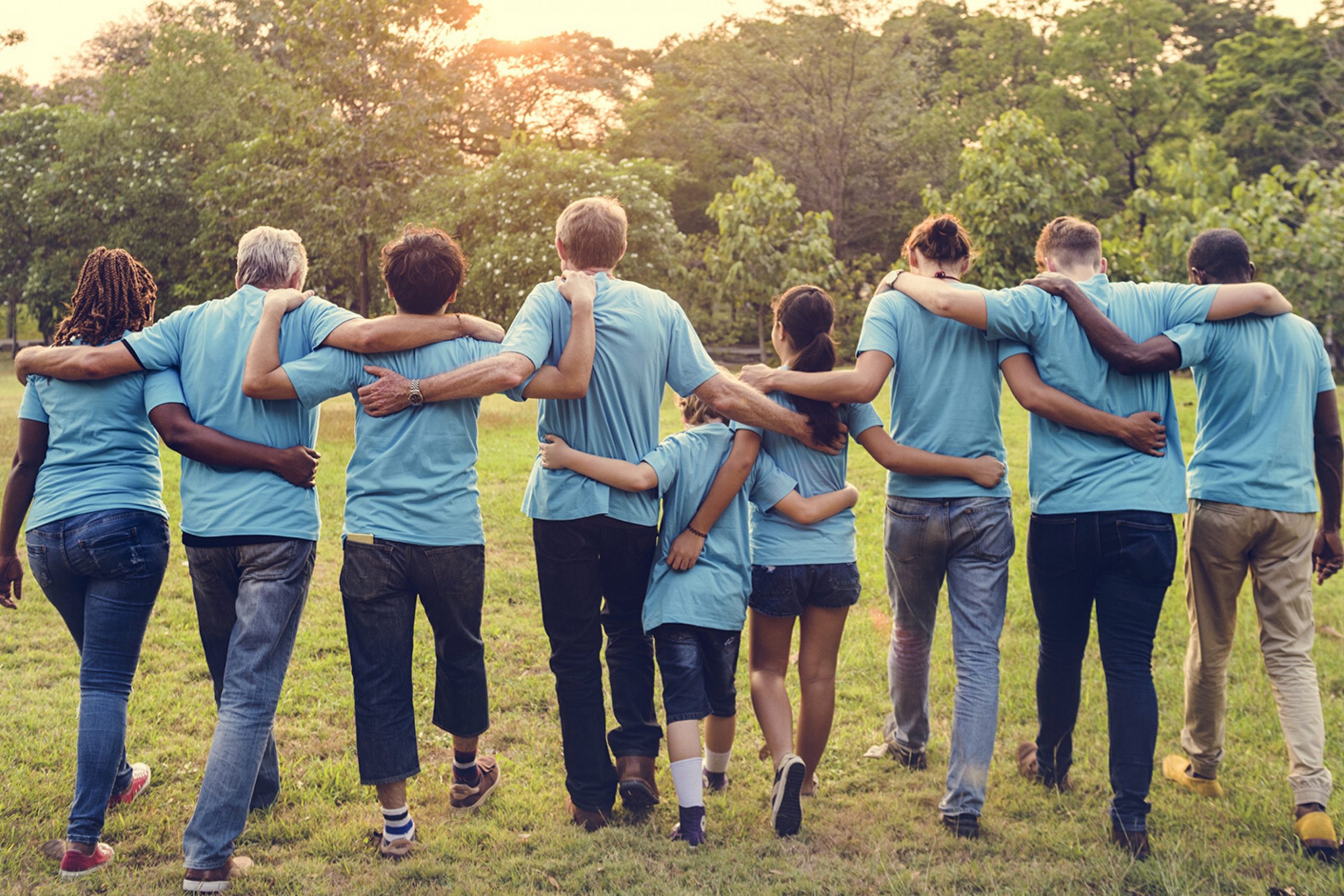
Unforgiving Hosts: A Mother’s Vacation Ruined by Hurricane and Indifference
In an age where travel platforms like Airbnb promised flexibility and support during unforeseen circumstances, a heart-wrenching story has emerged from the Sunshine State that challenges these claims. When Hurricane Milton, a catastrophic storm classified as a category three, threatened the coastal beauty of Amelia Island, one mother found herself not only battling a natural disaster but also an unyielding refund policy.
Kaitlynn Thayer, a 33-year-old mother from Georgia, had eagerly planned a family trip to Florida. However, as the hurricane approached, she couldn’t believe her eyes when her Airbnb host flat-out refused to issue a refund for the family’s much-anticipated getaway. As the winds picked up to a daunting 160 miles per hour, Kaitlynn took to TikTok to express her frustrations. She voiced her feeling of betrayal, stating she felt a significant lack of empathy from the host.
Despite having booked this family excursion back in June, it was unfathomable for Thayer to have to choose between her family’s safety and a non-negotiable cancellation fee. “I could not wrap my head around the host’s lack of compassion during such a critical time,” she shared in her video. The trip coincided with the very day Hurricane Milton was expected to make landfall in Florida, a detail that surely warranted special consideration.
 The fury of nature: Hurricane Milton approaches Florida
The fury of nature: Hurricane Milton approaches Florida
Each day leading up to the planned trip, Thayer reached out to her host, expressing concern about the hurricane’s path. Though she proposed pushing their vacation back a few days, the host dismissed her pleas, suggesting alternative dates that simply wouldn’t work for her family, which includes five children. Kaitlynn found herself between a rock and a hard place, ultimately left with no option but to contact Airbnb directly.
However, the response from Airbnb was equally disheartening. They relayed to Thayer that if the host was unwilling to initiate a refund, there was little they could do. This left the family feeling trapped and overwhelmed by a situation that was easily out of their control. According to Kaitlynn, “It felt like we were being punished for nature’s fury.”
Fortunately for Thayer, the very next day she posted an update to her now-viral TikTok video. Thanks to a state-issued evacuation order, Airbnb’s Major Disruptive Events policy kicked in, and a full refund was ultimately granted. Thayer and her husband, David, expressed immense gratitude towards Airbnb’s Escalations Team that intervened on their behalf.
It’s critical to note how Airbnb’s policies are designed to protect both guests and hosts during disruptive events. Under the Major Disruptive Events policy, guests whose bookings coincide with certain conditions, like natural disasters, are eligible for refunds, even if a host is unwilling to comply. However, this situation raises significant questions: What happens when hosts refuse to adapt to changing circumstances? And why do some individuals seem to lack basic empathy in the face of others’ misfortune?
 The dream vacation now a distant memory
The dream vacation now a distant memory
As families across Florida prepared for the worst, evacuation orders flooded in. The US National Hurricane Center deemed Hurricane Milton ‘dangerous’ and ‘catastrophic’. Kaitlynn couldn’t help but think about the families who would actually be affected by the storm and the resources they would need in the aftermath. Her determination to avoid taking the place of those who might need it more is commendable, highlighting a sense of community often lost in these individualistic times.
In a world relying heavily on digital platforms, it’s essential for guests and hosts to connect on a human level. Experiences like Thayer’s remind us that empathy should be at the foundation of any transactional relationship, especially in the travel and accommodation sectors. The interactions between hosts and guests should not just be governed by policies but also by understanding and compassion.
Looking back at this unsettling episode, it begs the question: as we continue to navigate our way through unpredictable events like natural disasters, will travel platforms evolve to foster relationships built on empathy and support? Or will they remain reliant on rigid policies that often leave guests feeling unheard?
 Communities banding together in times of crisis
Communities banding together in times of crisis
Travel should be about creating memories, not enduring unfortunate circumstances, yet for some, these experiences bring to light the cracks within the system. It’s stories like Kaitlynn’s that push for change—demanding accountability from both hosts and platforms to act with greater consideration for those whose lives are disrupted. As travelers, we owe it to ourselves—and to each other—to advocate for a community where human connection prevails over profit.
In conclusion, the experience of the Thayer family serves as a crucial reminder of our collective responsibility in the face of adversity. Whether you are a traveler, a host, or a platform, let’s strive to create a travel culture that prioritizes empathy over procedure, ensuring that no one has to navigate rough waters alone.














